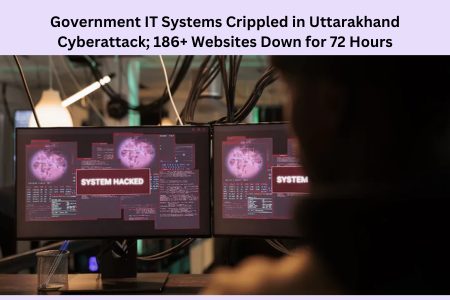September 16, 2024 – In a concerning development, cybersecurity experts have raised alarms over North Korean hackers targeting cryptocurrency users on LinkedIn using a sophisticated malware known as RustDoor. This alarming trend highlights the increasing sophistication of cyber threats aimed at the financial sector, particularly decentralized finance (DeFi) and cryptocurrency businesses.
The Nature of the Attack
Recent reports from Jamf Threat Labs indicate that North Korean threat actors are employing advanced social engineering tactics to lure victims into downloading malicious software. The attackers pose as recruiters for a legitimate decentralized cryptocurrency exchange, STON.fi, to gain the trust of potential targets. This multi-faceted campaign aims to infiltrate networks under the guise of conducting interviews or coding assignments, making it particularly dangerous for employees in the cryptocurrency sector1.
Social Engineering Tactics
The attacks are characterized by highly tailored social engineering strategies that are difficult to detect. Key tactics include:
- Requests to Execute Code: Victims are often asked to run code or download applications on their work devices.
- Pre-Employment Tests: Attackers may request candidates to complete coding challenges that involve executing non-standard packages or scripts1.
The RustDoor Malware
The RustDoor malware, also referred to as Thiefbucket, is a macOS backdoor that was first identified in early 2024. It is designed to steal sensitive information and maintain a backdoor for further exploitation. The malware operates through two main payloads:
- VisualStudioHelper: This component acts as an information stealer, prompting users for their system password under the guise of a legitimate Visual Studio application.
- zsh_env: This payload ensures persistence by embedding itself in the zshrc file1.
Both payloads communicate with separate command-and-control servers, allowing attackers to maintain control over infected systems.
Implications for the Cryptocurrency Sector
The financial and cryptocurrency sectors are prime targets for state-sponsored cyber adversaries like North Korea. The regime’s interest in generating illicit revenue has led to a surge in cyberattacks aimed at these industries. The FBI has also issued advisories highlighting the risks associated with such social engineering campaigns2.
Recommendations for Protection
To mitigate the risks posed by these sophisticated attacks, organizations should consider the following measures:
- Employee Training: Regularly educate employees about the dangers of social engineering and the importance of verifying connections on professional networks.
- Use of Security Tools: Implement advanced security tools to detect and block malicious activities.
- Regular Audits: Conduct regular security audits to identify and address vulnerabilities2.
Conclusion
The discovery of RustDoor malware underscores the critical need for robust cybersecurity measures in the cryptocurrency sector. By staying informed and implementing recommended security practices, organizations can better protect themselves against these sophisticated threats.










